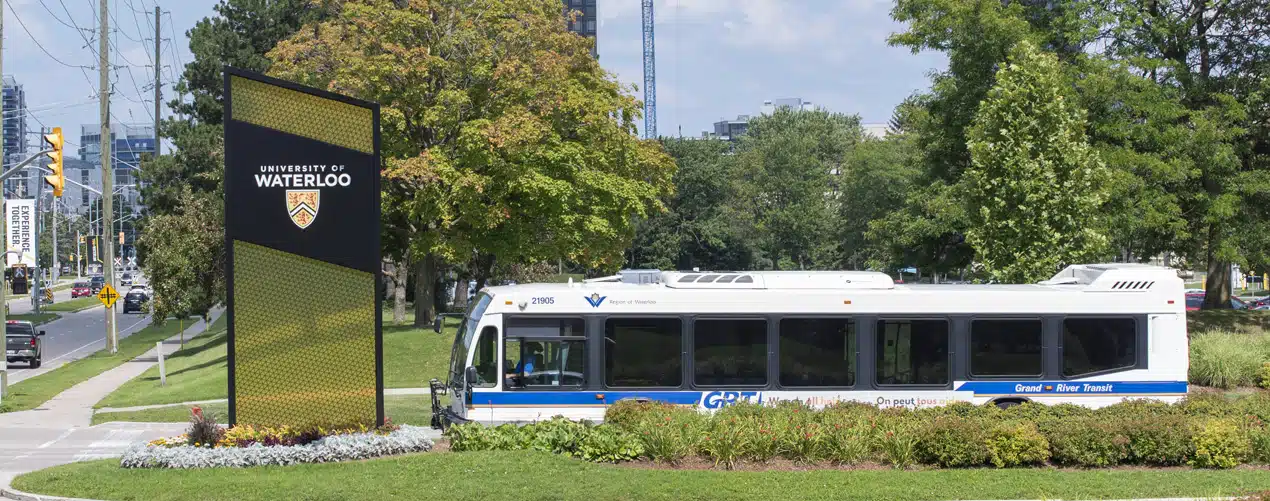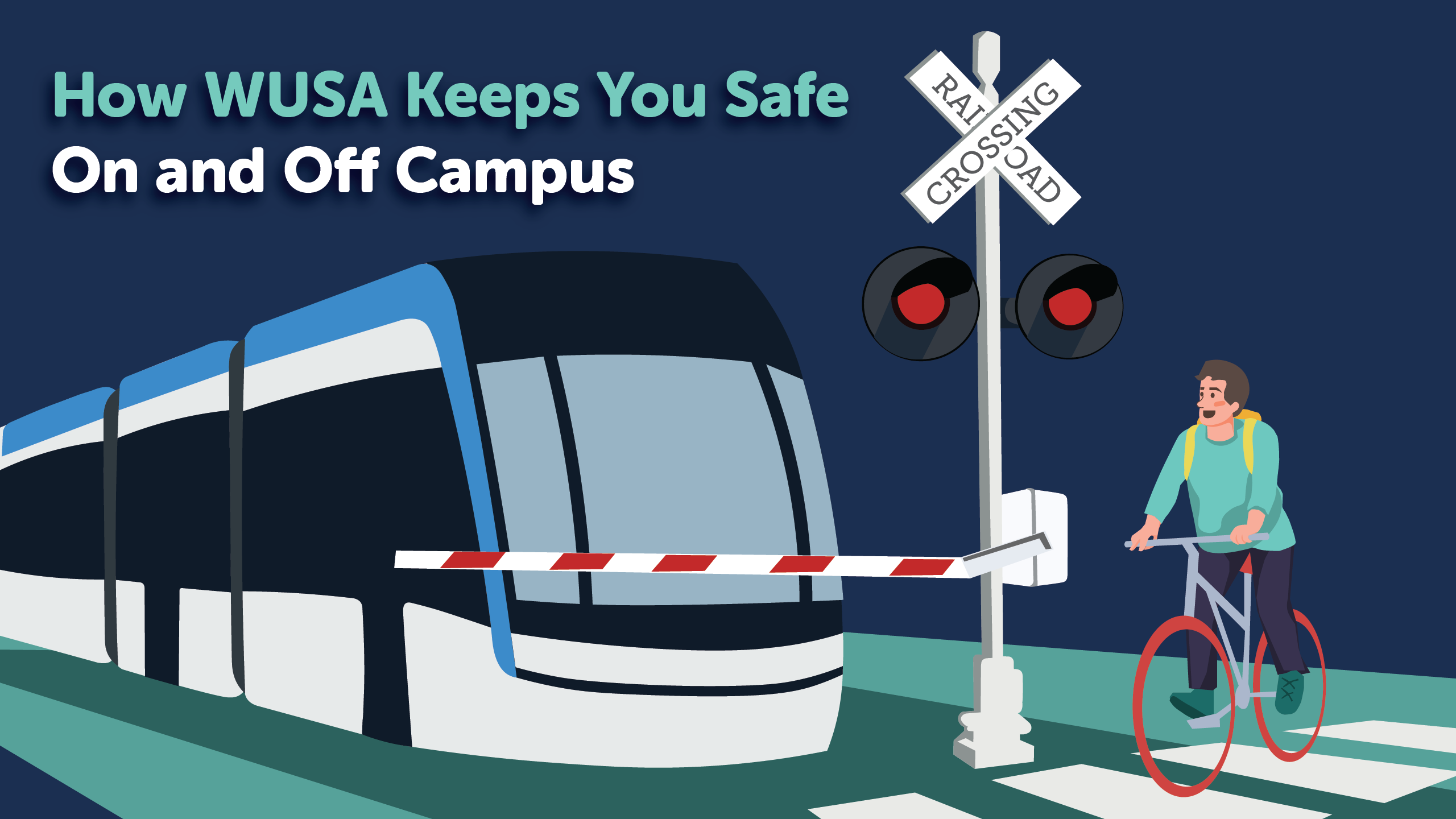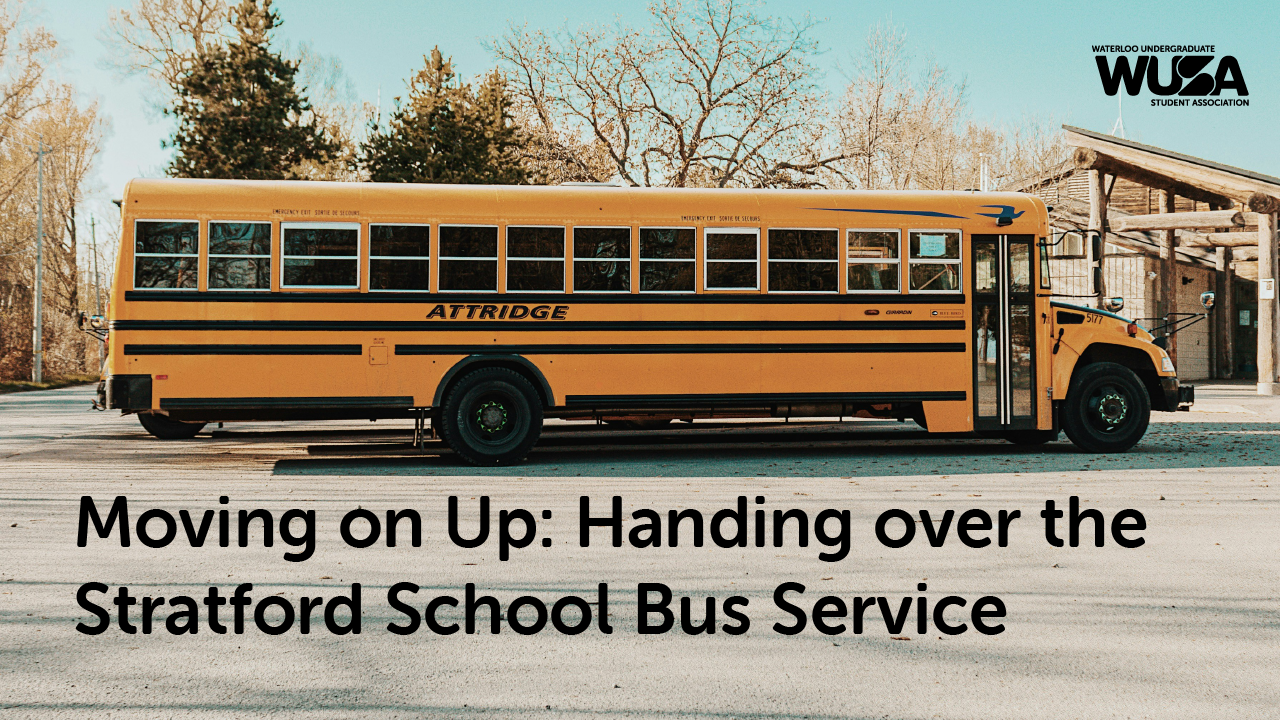Rationale
Issue
Students should have access to reliable, high-quality local and interregional public transit. It is critical for their day-to-day activities such as commuting to school, work, grocery stores, and social engagements.
Our Research
Our Position
WUSA advocates for increased public funding and improvements in local and inter-regional public transit to ensure accessible, reliable, and high-quality services for students.
- Advocate for Increased Public Funding: Reduce reliance on fare revenue.
- Improve Geographic and Temporal Coverage: Address gaps in service area and temporal coverage.
- Enhance Late-night Service and Route Frequency: Ensure usability during all hours.
- Support Micro-mobility Options and Active Transportation Networks: Complement public transit and promoting and enhancing smaller, sustainable modes of transportation (like bikes, scooters, and e-bikes) as well as the infrastructure that supports walking, cycling, and other forms of non-motorized travel.
- Address Reliability Issues: Improve infrastructure and staffing to prevent disruptions.
Read the full Advocacy Position Statement here.




